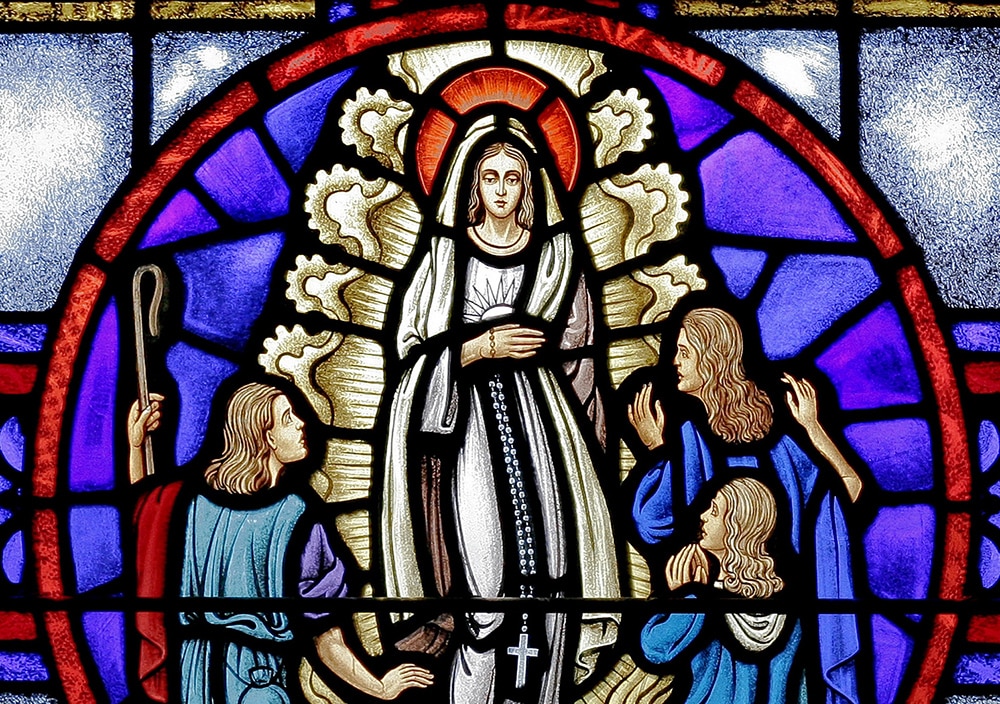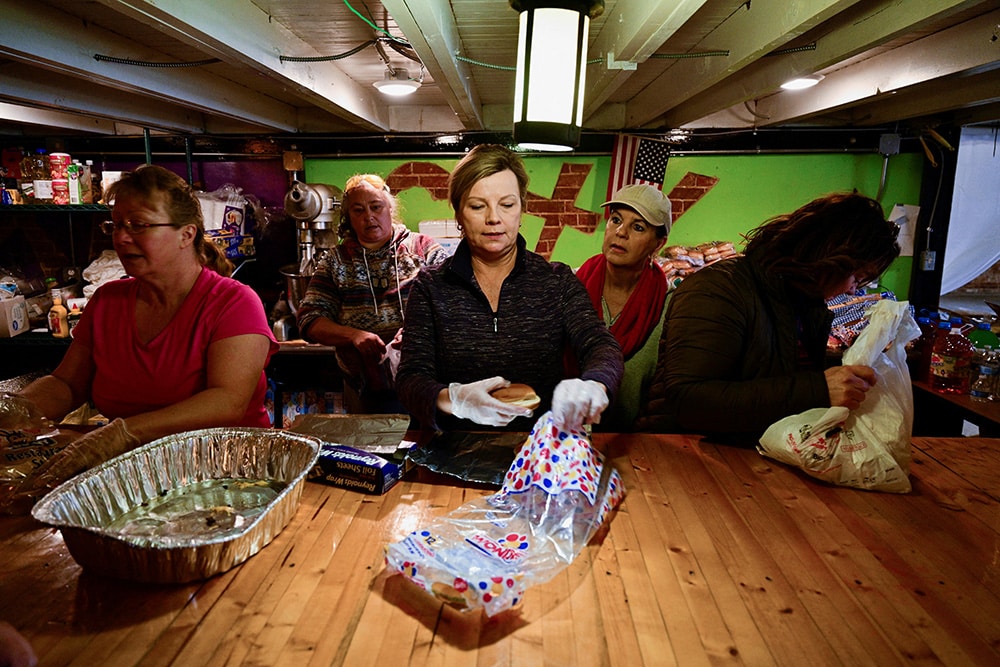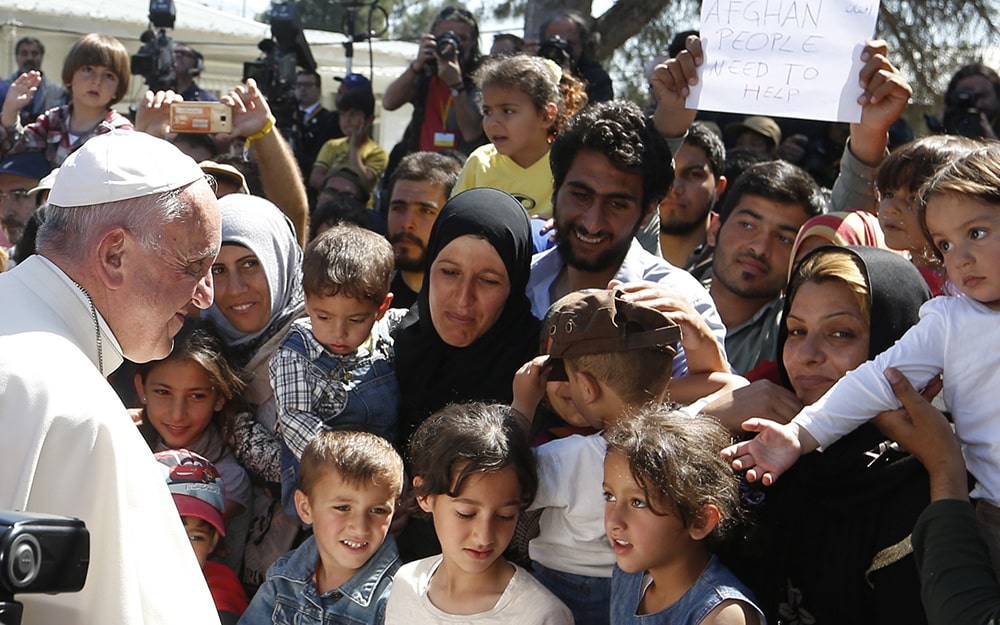 Question: Lately, I’ve been reading a lot about the Holy Mother’s original dire prophecy/pleas that we, as Catholics, must continue to pray for the consecration of Russia. Yet, there is also much written and documented that Russia has already been consecrated by Pope St. John Paul II. Can you please explain the current status?
Question: Lately, I’ve been reading a lot about the Holy Mother’s original dire prophecy/pleas that we, as Catholics, must continue to pray for the consecration of Russia. Yet, there is also much written and documented that Russia has already been consecrated by Pope St. John Paul II. Can you please explain the current status?
— Name withheld, California
Answer: The essential answer to whether Russia was consecrated comes from those designated to answer it. Cardinal Joseph Ratzinger, then prefect of the Congregation for the Doctrine of the Faith, answered that it had been consecrated. Writing in June 2000, the congregation said, in its conclusion about the message of Fátima: “Sister Lucia personally confirmed that this solemn and universal act of consecration corresponded to what Our Lady wished. (Sim, està feita, tal como Nossa Senhora a pediu, desde o dia 25 de Março de 1984: Yes it has been done just as Our Lady asked, on 25 March 1984. …) Hence any further discussion or request is without basis.”
So, doubts or denials that the consecration took place are “without basis.” On March 25, 1984, Pope John Paul made the consecration. Sister Lucia, as noted above, affirmed that this met Our Lady’s request. Some argue that the letter is either a forgery or that she was forced to write it. But there is no clear evidence produced. Others argue that the form of the consecration was not valid. But there was no supplied formula or text to be used. Still others say that Cardinal Ratzinger was lying. But such accusations are ruinous of reputations and seem to emerge from an excessive lack of trust or a demand for precision that was not specified by our Lady, to Sister Lucia.
Sadly, this is a controversy that never seems to go away, no matter what is said or what evidence is offered. It is true that many of us have had our trust in Church leaders severely tested, but that does not mean we can cast aside all authority granted to the Church by the Lord. Those who have the authority to give the proper answer, after consultation with Sister Lucia, have spoken. Russia was consecrated to the Lord as Our Lady asked.
Humility
Question: Could you please explain the virtue of humility? I struggle trying to understand it.
— Name withheld, via email
Answer: Humility, according to St. Thomas Aquinas, is a virtue that assists us from regarding ourselves to be above what we are. It also restrains the impulsive tendency of our soul from tending inordinately to great things.
Humility’s highest goal is to fear God and keep his commandments. By humility we subject ourselves to lawful authority and follow just norms and customs. Humility also assists us to moderate our speech, avoid gossip and detraction, to speak few and sensible words, and not to be loud of voice. And by humility we acknowledge our sins and confess them.
More informally, humility is reverence for the truth about myself. It is not a self-deprecating attitude as if we were nothing or have little to offer. Humility references the truth that I do have gifts, but that they are gifts. Whatever gifts we have come from God and usually through others. If one is gifted at Math, music or mothering, if they are skilled at organization, teaching or writing, likely they were taught these things by others. Hence, gratitude is in order for any gift we have received. A second insight of humility is that I do not have all the gifts, and I need to appreciate and depend on the gifts of others. Yet a third insight of humility is that I have struggles along with my strengths; I am not perfect.
Canonization
Question: Why hasn’t St. Gertrude the Great been formally canonized? What can be done so she can be?
— Christine Allen, via email
Answer: She is canonized but by “equivalent canonization” or “equipollent canonization.” This is a form of canonization wherein the pope recognizes and decrees the public and universal veneration of a servant of God because veneration of the saint has been carried out since ancient times and continuously by the Church. Hence, in such cases, the procedure normally required for formal canonization is unnecessary. Pope Clement XII, recognizing the widespread veneration of her in many regions, recognized her saintly status and canonized her in 1677, 375 years after her death. In effect, the People of God had testified to her sanctity and influence across the centuries.
Msgr. Charles Pope is the pastor of Holy Comforter-St. Cyprian in Washington, D.C., and writes for the Archdiocese of Washington, D.C. at blog.adw.org. Send questions to msgrpope@osv.com.







